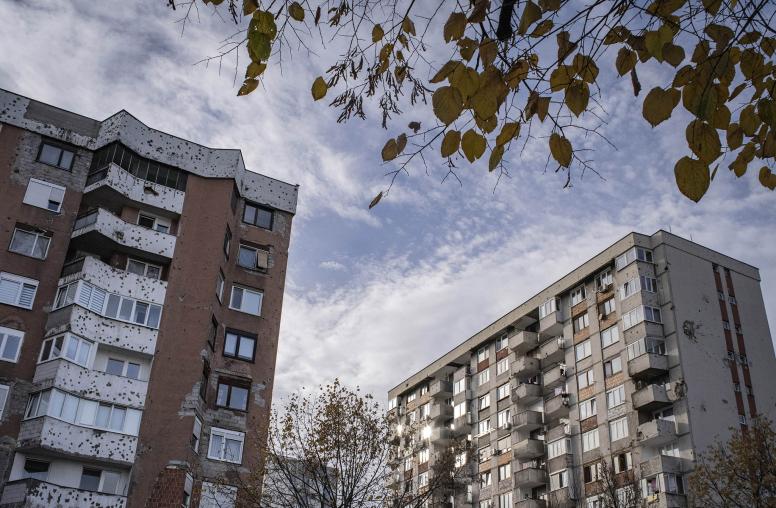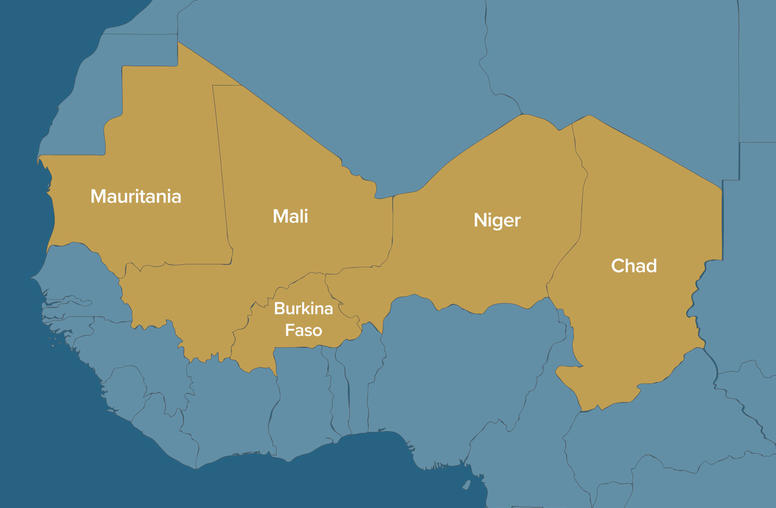 Peace Processes
Peace Processes
Peace processes involve a series of negotiated steps to end wars and build sustainable peace. The U.S. Institute of Peace works with practitioners, diplomats and officials to understand how to effectively manage or facilitate such processes. This includes how such negotiations can be structured and supported, the issues to be resolved, the trade-offs involved, and the consequences and challenges that result. From considering gender and the role of women in Colombia’s peace process to furthering a new understanding of Myanmar’s long road towards peace, USIP works to ensure that peace agreements in conflict areas are inclusive, participatory, and locally led and supported.
Featured Publications

Ukraine’s Plea: Security Pledges Are the Path to Lasting Peace
Ukrainian President Volodymyr Zelenskyy outlined to the Ukrainian parliament last week, for the first time in a public address, his victory plan to end the war. The plan, a roadmap on how to bring to the conflict to a close, contains five sections and three classified annexes that cover everything from meeting military requirements today to rebuilding the Ukrainian economy at the conclusion of the war. Zelenskyy has attempted to gather resources for the war and rally allies around a common goal. He spent the past two weeks on the road, briefing senior U.S. leaders, including both presidential candidates, Europeans and NATO’s secretary-general on what he sees as vital to ending Russia’s war on his country in an enduring way: NATO membership.

Beyond the Dayton Accords: Resolving Bosnia-Herzegovina’s Frozen Conflict
Looking out from the town hall in downtown Sarajevo, you’d be hard pressed to find evidence of the nearly four-year-long siege that devastated the city during the Bosnian War. The surrounding area is clean and filled with new and repaired buildings — even the town hall itself is a restoration of the pre-war library that once occupied the space.

More States Are Vying to Mediate Conflict — What Does it Mean for Global Peace?
Unsurprisingly, the conflicts in Ukraine, the Middle East and Sudan dominated discussions among world leaders at the recent U.N. General Assembly. So did calls to reform and strengthen the international system, reflecting shifting global power dynamics. Diplomatic meetings in New York also revealed how these increasingly complex conflicts and shifting power dynamics are coming together in an emerging trend: a more diverse set of countries striving to mediate conflicts. At the beginning of the week, Ukrainian President Volodymyr Zelenskyy met with Indian Prime Minister Narendra Modi to discuss avenues to peace, building on Modi’s recent trips to Kyiv and Moscow. At the end of the week, Chinese and Brazilian officials co-hosted an event to garner international support for their peace plan for Ukraine, which Kyiv opposes.
Current Projects

Bipartisan Senior Study Group for the Sahel
In May 2021, USIP created the Bipartisan Senior Study Group for the Sahel comprised of 12 current and former high-level U.S. officials, renowned academics and prominent Africa experts. The senior study group aims to generate new insights into the complex challenges facing the Sahel region, including food security, human rights, security assistance, private sector development and job creation — as well as great power competition. The senior study group will provide original recommendations to the U.S. government and governments in the Sahel region to improve foreign assistance, resolve conflict and support lasting peace.

The USIP Learning Agenda
In support of the Evidence Act and as part of the U.S. national security architecture, USIP is carrying out its own learning agenda. Peacebuilding has long been viewed as too messy and complex for evidence-based approaches — but USIP’s mix of research and practice belies that assumption.

Afghanistan Peace Efforts
Almost 20 years after the United States ousted the Taliban regime, the first direct peace talks between the Taliban and the Afghan government began in Doha, Qatar in September 2020. The Taliban, Afghan government, and international forces have fought to a deadly stalemate, with both battle deaths and civilian casualties near record highs in recent years.